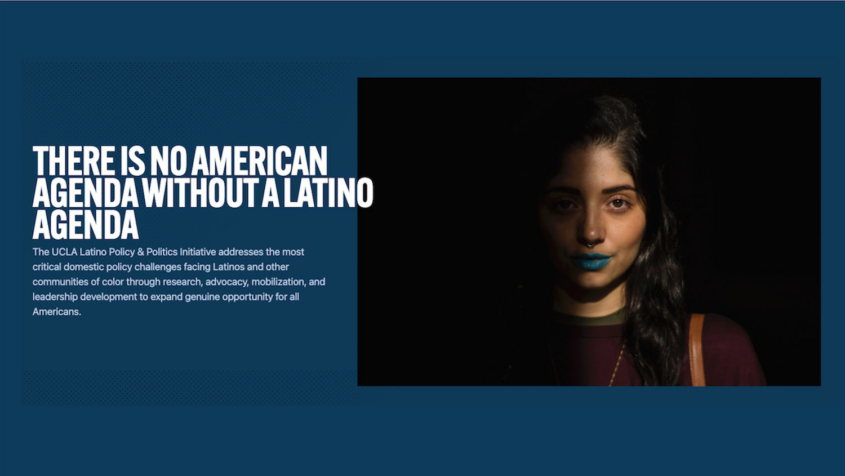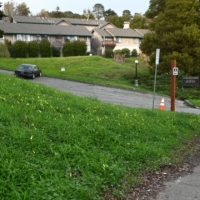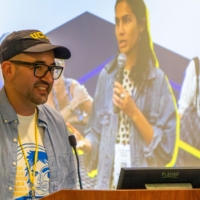UCLA Latino Policy and Politics Initiative Receives $3 Million in State Funding Ongoing commitment supports Latino-focused research, especially important as COVID-19 recovery gets underway
The UCLA Latino Policy and Politics Initiative (LPPI) has received $3 million in ongoing annual state funding to conduct research and develop policy solutions to address inequities that disproportionately impact Latinos and other communities of color.
The state budget signed July 12 included funding for LPPI. The resources will be used to continue the organization’s applied research to help inform future policy efforts and to measure how government actions influence the economic, educational, health and quality-of-life outcomes for the state’s workforce.
“It is clear that California’s story — its future, its economic potential, its role as a national leader — is intertwined with the story of the Latino community,” said Sonja Diaz, founding director of LPPI. “We are honored that California has recognized the importance of investing in putting a data-driven lens to shape and implement a 21st century agenda, and we are ready to make sure that research and facts pave a path toward a more just and prosperous future for all Californians.”
The funding was championed by the California Latino Legislative Caucus, with leadership from Sen. Maria Elena Durazo and Assembly members Robert Rivas and Lorena Gonzalez, the chair, vice chair and former chair of the caucus.
“California is the world’s fifth-largest economy, and our innovation and prowess are made possible by the diverse and vibrant communities that demonstrated how essential they are during the pandemic,” Durazo said. “We need to understand how to better include and empower communities who represent California’s future, and there is no better partner to help us understand how to lead with justice and equity than UCLA LPPI.”
The support for LPPI comes as California prepares for economic recovery following the COVID-19 pandemic, which had disproportionate and devastating public health and economic impacts on the state’s diverse Latino communities.
“Data tell important stories about what’s working, who is getting left behind, and how our taxpayer investments can be efficient and equitable,” Gonzalez said. “We are proud to partner with UCLA LPPI to make sure we have a data-driven Latino lens on the vision of a vibrant California.”
LPPI has been on the front lines of driving important policy conversations, particularly as it became clear that the COVID-19 crisis was particularly impacting underserved communities of color. Throughout the pandemic, LPPI research that drove policy outcomes included a report that looked at the racial disparities in what communities were receiving federal aid and on the impacts of the Latino physician shortage amid a public health pandemic. As the vaccination process got underway, LPPI convened more than 70 Latino leaders across the state to urge for better data and equity-driven implementation, which were implemented by the state.
The organization’s research is also focused on highlighting the importance of representation in democratic and civic institutions and processes, and what it means when Californians’ leadership does not represent the totality of communities it serves. For example, a research report highlighted the lack of Latino representation in the California Redistricting Commission, which helped generate action and attention on the selection process. At a national level, research included a report that advocated for the creation of a Latino-focused Smithsonian museum.
LPPI was incubated at the UCLA Luskin School of Public Affairs and the UCLA Division of Social Sciences.










Leave a Reply
Want to join the discussion?Feel free to contribute!